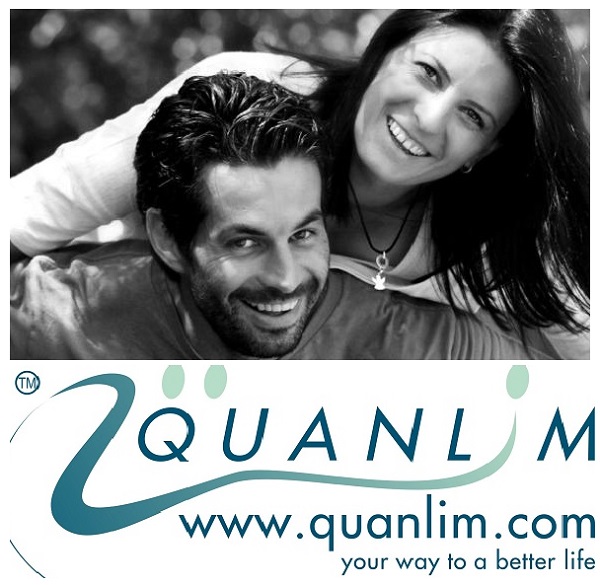I was really disappointed by two stories that came out earlier this year.
First, the Independent posted, “Five things would happen if everyone stopped eating meat” claiming that this shift would end world hunger. The author happens to be the director of PETA. One month later, Vice put out, “What Would Happen if Everyone in the UK Stopped Eating Meat“, a truly biased and poorly researched article by a young woman with no background in food production, nutrition or sustainability. There are more anti-meat pieces from Vice here, here and here.
By the end of these articles I was wildly gesticulating and ranting at my computer in outrage – again! I’ve already written a response to the film Cowspiracy, but the never-ending stream of vegan propaganda forces me to continue my quest of educating those who are painting a strange and one sided view of a rather silly question. Diana Rodgers has done this before as well, when a vegan article came out in Outside Magazine, her carefully articulated response was actually printed in the April edition’s op-ed section.
Are these two pieces of journalism the work of covert vegangelical activists? Or are they perhaps just ‘back of a fag packet’ attempts to understand and convey the complex workings of a whole country’s food and ecosystems.
I would like to offer a smattering of balance to these lopsided pieces of work.
It’s totally true that industrial animal agriculture is energy hungry, carries a large GHG hoof print and requires vast areas of unsustainably managed land that’s ‘out of sight’, but does all meat comes from these systems?
Most of the earth’s grazing land is ill-suited to crop production. Well-managed pasture on which ruminants graze has been shown in many recent scientific studies to have the capacity to mitigate most, if not all, enteric methane produced by these evil ruminants gaseous bodily byproducts! Even more importantly, effective pasture grazing is proven to help fight climate change by encouraging the sequestration (locking down) of carbon out of the atmosphere into the soil.
Suggesting we need to all eat more plants would lead to the conversion of more land from pasture into arable land for growing crops. Without beef, sheep, or dairy protein we would need considerably more plant food and a greater variety of plants to stay healthy on this vegetarian diet.
The IPCC estimates that plant crops produce 17% of current man-made methane emissions; too much of this food is currently being fed inefficiently to livestock, but these emissions don’t magically disappear when humans eat the vegetation instead.
A vegetarian population living in the US, UK or northern Europe would have to import and eat water intensive and inefficient crops from around the world – or are you going to live on potatoes and kale in winter? Think of how inefficient the transport of these crops already is. Contrary to what many people like to imagine, indoor crop production is also not the answer. Consider the inputs to such a system – the building, the lights, the heat, the soil, all to grow lettuce? How much nutrition are you going to get out of that? Let’s look at the methane issue alone: one kg of rice produces approximately 100g of methane, whereas 1kg of milk produces about 13-26g of methane so there would not be much gain from eliminating milk to eat rice instead.
The world’s first fake-meat “steaks” made from fungi.
The cereals that are currently fed to animals can’t be directly redistributed for human consumption; it’s not that simple. Farmers don’t pour packets of breakfast cereals into feed troughs! Food for human consumption has to be in perfect condition and highly processed, all requiring energy and contributing emissions. Where would all the sub quality harvests and spoiled vegetables go in an animal-free food system?
Ploughing land releases carbon and methane into the atmosphere and degrades our precious topsoil. A highly damaging monoculture food production system compounds if managed with the use of artificial fertilisers, herbicides, and pesticides; this would be very likely in an agricultural system with no natural animal fertility. There is simply no sustainable way to produce vegetables without animal inputs.
Our obsession with chicken and pork is certainly questionable, and our treatment of factory farmed animals is completely inexcusable, but throwing the ‘baby out with the bathwater’ could potentially make the whole situation worse.
If you think that producing food from monoculture arable systems kills fewer living creatures than slaughtering ruminants for meat, then you may be very wrong. Some vegans describe this reasoning flippantly as the ‘field mouse argument.’ I investigate the deeply destructive nature of intensive horticulture in this article, and question why some people value the life of large furry animals over the millions of small mammals, amphibians, birds, fish, insects and soil microbes.
The idea that a vegan diet would improve our health is just plain wrong too. To counter this suggestion properly would take up too much space here; anyway, I can’t do any better than Denise Mingers incredibly thorough and meticulously unbias work HERE and Diana Rodgers critique of the recent WHO meat and cancer study HERE, and her recent podcast interview with a vegan, where she argued for the health, environmental, and moral reasons why being an omnivore is superior to a vegan diet.
Grazing land can be highly effective at building fertility without the need for fossil fuelled fertilisers as part of a rotational system which ALSO produces vegetables and grains. This can contribute to a robust and nutritious diet which benefits all.
So here is a radical thought:
Maybe ‘MEAT’ isn’t inherently bad but it is the method by which it’s grown that can make it either good or bad for our planet and our health.
















